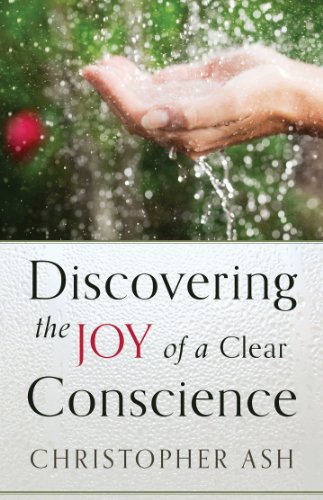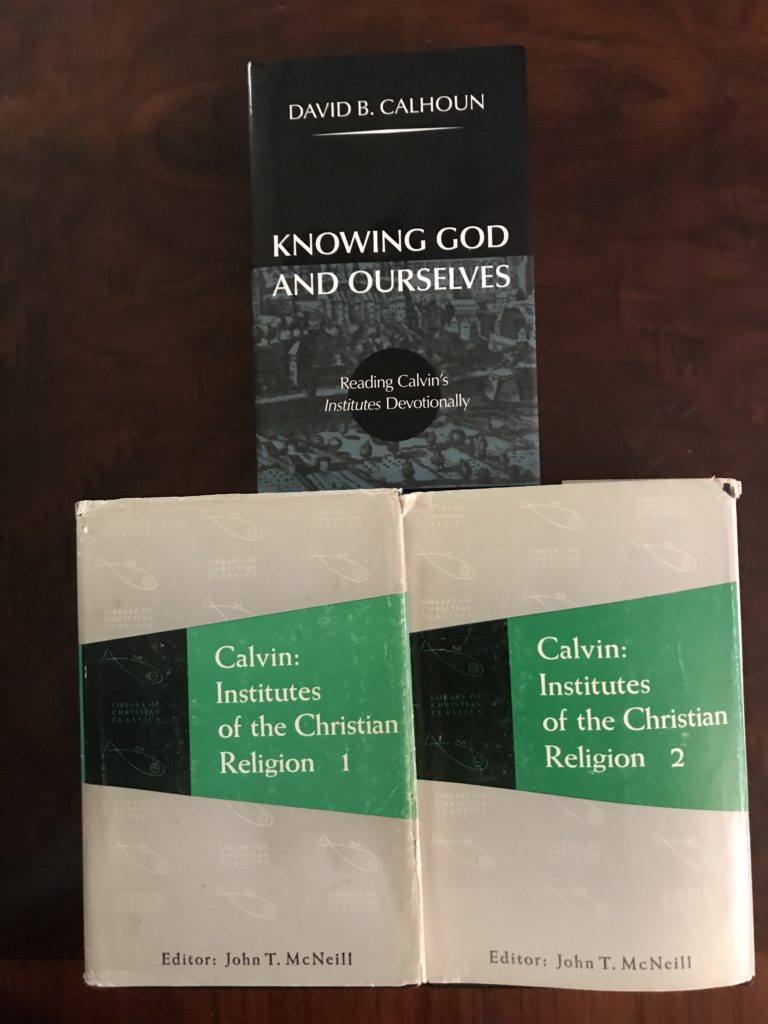Michael A.G. Haykin gives a concise and inspirational account of the life and work of William Carey, English missionary to India and often called “The Father of Modern Missions.” Reformed theology was the solid foundation of Carey’s ministry. Haykin explains: In his theology, Carey married a deep-seated conviction regarding God’s sovereignty in salvation to an equally profound belief that in converting sinners God uses means.… Without understanding Carey’s consistent delight in Calvinism throughout his life, we cannot understand the man, his motivation, or eventually the shape of his mission. (43–44) One example of Carey’s firm grasp of the doctrines of grace appears when he writes that one “may well expect to see fire and water agree, as persons with…
Read MoreThe minister must approach preaching with appropriate solemnity because “he views eternity as just before him, and a congregation on the frontiers of it. . . . He will study and preach with reference to a judgment to come and will deliver every sermon in some respects as if it were his last, not knowing when his Lord will call him or his hearers to account.” – Lemuel Haynes in Thabiti M. Anyabwile, The Faithful Preacher: Recapturing the Vision of Three Pioneering African-American Pastors (Wheaton, IL: Crossway, 2007), 33.
Read MoreEvery Christian denomination would do well to heed the prudent advice of AME bishop Daniel Payne (1811-1893): “Whenever a young man comes forward, and tells us that he is called to the ministry, let us examine him rigidly, according to our excellent discipline and the requisitions of God’s word. It is not enough that he tells us God has called him; let him show the evidences of his call.” Daniel A. Payne In Thabiti M. Anyabwile, The Faithful Preacher: Recapturing the Vision of Three Pioneering African-American Pastors (Wheaton, IL: Crossway, 2007), 82.
Read More“If we are not going to preach the gospel, and teach the Word of God faithfully we have no business in the ministry. And the sooner we get out of it, the better.” – Francis J. Grimké in Thabiti M. Anyabwile, The Faithful Preacher: Recapturing the Vision of Three Pioneering African-American Pastors (Crossway: 2007), 121.
Read MoreCharles Bridges reminds ministers that “it is indeed a ’neglect of the gift of God that is in us,’ to trifle in the study or in the pulpit. God will bless our endeavors – not our idleness. Our Master, and our people for our Master’s sake, have a just claim to our best time and talents, our most matured thoughts, and most careful study.” – Charles Bridges, The Christian Ministry (1830; Edinburgh: Banner of Truth, 1991), 194.
Read More“The Minister, that does not manifestly put his heart into his sermon, will never put his sermon into the hearts of his people.” – Charles Bridges, The Christian Ministry (1830; Edinburgh: Banner of Truth, 1991), 320.
Read MorePaul took “pains to have a clear conscience toward both God and man” (Acts 20:16). So should we. Christians must prize and protect a biblically informed conscience. Heed our conscience, and we shall honor God and faithfully serve our fellow man. Resist conscience, and we wreck not only our lives, but also harm others, leaving a trail of brokenness, heartache, and misery. Given the stakes, it is tragic that conscience is a word that has largely slipped from our vocabulary. That’s why I am grateful for Christopher Ash. In Discovering the Joy of a Clear Conscience he proves himself a skilled physician of the soul. Aiming straight to the heart, he asks: “If you die today and have some time…
Read MoreWhen I finish a book, I add it to my annual “books read” list. My 2018 list is at the end of this post. I don’t have a detailed reading plan – I select books based on interest and recommendations. I also use commentaries, Bible dictionaries, and systematic theologies as I prepare two weekly sermons and one Bible lecture. Since I seldom read these cover-to-cover, I don’t include them in the list. 2018 was spent in Romans, Exodus, 1 Timothy, and a December morning and evening series in Isaiah. What follows are some of my 2018 reading highlights. Several of my comments come from booknotes I wrote earlier in the year. Every year, I read a few substantial volumes in…
Read MoreOne sure way to cripple your ministry is to speak to your congregation harshly, either in or out of the pulpit. Don’t confuse harshness with boldness. One can speak softly and gently and still be bold. To be bold, according to Merriam-Webster, is to be “fearless before danger” – a virtue when communicating biblical truth. But the voice of the bold may be calm, the words measured, and the tone devoid of the harshness that pushes people away. William Plumer reminds us that Harshness is not fidelity. There are hardly any maxims more false or mischievous than these: “There is no good done unless opposition is aroused,” [or] ’”One’s fidelity may be tested by the enmity he awakens against himself…
Read MoreMy day begins with putting on my eyeglasses; it’s the very first thing I do. Most of the time, I do it without thinking. But occasionally, when I pick up my eyeglasses, I remember that I am holding one of God’s most precious gifts to me. Eyeglasses are a relatively recent development of the human story. David Landes writes that the invention of spectacles more than doubled the working life of skilled craftsmen, especially those who did fine jobs: scribes (crucial before the invention of printing) and readers, instrument and toolmakers, close weavers, metalworkers. The problem is biological: because the crystalline lens of the human eye hardens around the age of forty, it produces a condition similar to farsightedness (actually…
Read More

